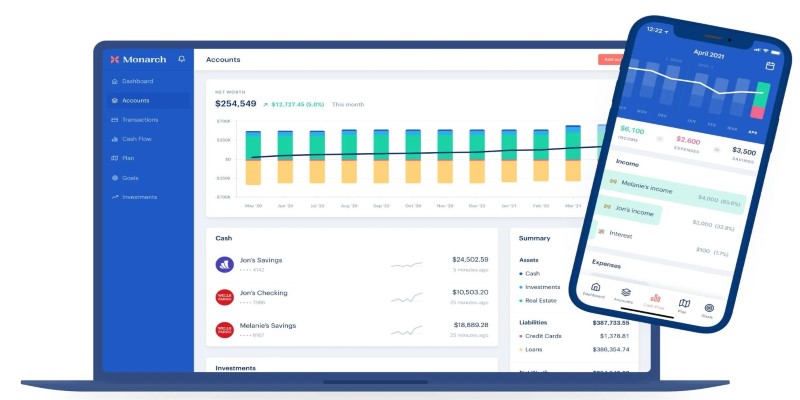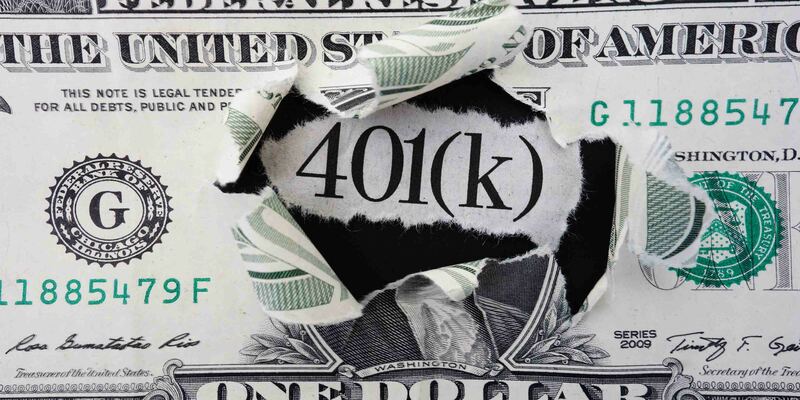In another indication that falling markets have flipped conventional investment tenets on their heads, actively managed 401(k) plans beat those that follow an index. According to S&P Dow Jones Indices statistics, just 17% of actively managed funds have outperformed the S&P 500 Index during the previous decade. According to BrightScope, eight of the top ten retirement funds this year are actively managed. Investors should exercise caution when allocating their Best 401(k) Funds assets toward products that seem too good to be true or that use too complex techniques. For the most part, actively managed funds underperform their indexes over time, and many stock choices underperform even risk-free Treasury notes. Fees and diversity are the two most important considerations for most investors when choosing a fund after determining their risk tolerance and investment horizon.
How Employers Choose 401(K) Funds
Employers participating in the 401(k) plan must provide their employees with at least three investment choices: stocks, bonds, and cash or a fixed value. Unfortunately, several companies provide just the bare minimum. Mutual funds are one of several investment alternatives available in most 401(k) programs. Employers have a fiduciary responsibility when deciding on 401(k) plan investment options for their employees. As explained, a fiduciary is someone who is obligated by law to prioritize the needs of others before their own. Because of this, it's a good idea to provide a wide range of mutual funds.
S&P 500 Index Fund
An inexpensive large-cap stock index fund may serve as a "core holding" for a diversified investment strategy. Such a foundational investment would be an S&P 500 index. The S&P 500 Index is a market-capitalization-weighted index of the 500 biggest publicly traded firms in the United States. Every so often, the index will be recalculated to reflect the current market value of the underlying stock. Be mindful that you may safely forego any more large-cap stock funds. If you don't, 401(k) investors can choose between various mutual funds that pursue similar goals. Diversification is not achieved by purchasing funds with identical objectives.
Fund Of Foreign Stocks
International funds, which invest in stocks in other countries, go by a few other names. These funds make investments in firms that align with the fund's narrow focus. Investments in a portfolio might be either globally focused or regionally focused. There is a trade-off between the potential for larger profits from these funds and the danger of being exposed to more volatile market conditions, such as fluctuations in the value of a currency. In my opinion, a single high-quality international stock fund is sufficient. Don't forget that U.S. equities are eligible for investment by "world stock funds" and "global stock funds." To be classified as a genuine foreign stock fund, your fund's assets must be invested in equities of firms based in a market outside of the United States.
Fund For Small-Cap Stocks

Market capitalizations of the firms held by small-cap funds range from $300 million to $2 billion. These investments have a higher degree of risk, but they also have the potential for significant gain. Small-cap stock funds are a fantastic alternative for anyone looking to provide or invest in a more aggressive stock fund alternative that can supplement an S&P 500 index fund. Generally, small-cap stocks have performed better over the long run than large-cap equities. 1 However, they have gained popularity in 401(k) accounts because of the diversity they provide by having a low correlation with the S&P 500 index throughout recent years.
Index Fund For The Total Bond Market
Bonds (or debt instruments) of varying maturities are held by total bond funds, mutual funds or ETFs. Bonds issued by corporations are the most common kind of debt security held by these funds, while municipal bonds, MBS, and Treasuries all feature prominently.
Money Market Investments

Investment portfolios might include cash. Funds in a 401(k) plan may sometimes generate a cash distribution back to the plan. A money market fund is an excellent choice to invest this money safely.
Conclusion
When it comes to employee benefits, a 401(k) plan is crucial. It may not be easy for commercial enterprises to wade through the myriad of plans to find the one that best suits their needs. While traditional 401(k) plans represent the most common, several alternatives exist for sole proprietors and small firms, particularly those looking to keep costs down. A wide variety of 401(k) plan providers are available to organizations, and each has its own set of advantages and disadvantages.




